JusMin Gorghiu reacts to the acquittal of former tortioners of disident Gheorghe Ursu: It's a sad day!
The Minister of Justice, Alina Gorghiu, stated on Thursday, after the judges definitively acquitted former Securitate officers Marin Pirvulescu and Vasile Hodis, accused of torturing dissident Gheorghe Ursu, that for her this is a sad day and that she would not have wanted to witness the validation of "any form of repression and torture."
"Without interfering with the result of the analysis at the level of the Prosecutor's Office attached to the High Court of Cassation and Justice and distinct from my duties as Minister of Justice, I can say that today is a sad day for me! I would have liked, as a simple citizen of our country, for which the dictatorship will remain a very bad memory, which has crushed destinies, not to witness the validation of any form of repression, torture, the legitimization of the instruments of force, which throw fundamental rights and freedoms into obscurity," Gorghiu said in a message on Facebook, told Agerpres.
The High Court of Cassation and Justice on Thursday ordered the definitive acquittal of former Security officers Marin Pirvulescu and Vasile Hodis, accused of torturing dissident Gheorghe Ursu.
Gheorghe Ursu, a construction engineer, poet and writer, was investigated by the Securitate in the 80s, after he sent letters to "Free Europe" [Europa Libera] and because he kept a diary in which he wrote down the horrors of the communist leadership.
The prosecutors claim that, between January and November 1985, the dissident engineer Gheorghe Ursu was the subject of informative and judicial investigation for acts or facts considered hostile to the communist regime, being arrested on September 21, 1985. He died on November 17, 1985.
The military prosecutors established that Marin Pirvulescu and Vasile Hodis exercised repressive and systematic actions (surveillance, informational surveillance, searches, systematic hearings, acts of physical and mental violence) on Gheorghe Ursu, actions that "resulted in the production of physical suffering or serious mental disorders and were likely to seriously affect his fundamental rights and freedoms, mainly the right to life."
The dissident's son, Andrei Ursu, claims that Mihai Pirvulescu was the one who first investigated Gheorghe Ursu in a state of freedom. Because the latter refused to denounce his friends, including the well-known writers Nina Cassian, Geo Bogza, Radu Cosasu, the Securitatea decided "to continue the investigations under arrest," "following that the nature of the relations" with these friends to also be clarified during the detention time.
In order to try to avoid a case of political persecution that would have been internationally unfavourable to the Ceausescu regime, the political police staged a common law case against Gheorghe Ursu for the possession of 17 US dollars, for which they arrested him on September 21, 1985. He was imprisoned in a cell with two common law prisoners, Marian Clita and Gheorghe Radu, who received an order from the guards to exercise acts of violence on him.
Gheorghe Ursu died as a result of the beatings he received from Marin Pirvulescu and other Securitate officers, but also as a result of aggressions from common law prisoners.
So far, three people have been convicted in this case: reserve colonel Tudor Stanica, the head of the Bucharest Militia back then, reserve colonel Mihai Creanga, his deputy, and Marin Clita, the dissident's cellmate.
Tudor Stanica did not serve a single day in prison citing medical reasons, Mihai Creanga escaped after ten years, and common law prisoner Marin Clita was released from prison after nine years for good behaviour. Currently, Clita is back in prison, serving a 14-year sentence he received in Denmark, accused of killing a stewardess in a hotel room in Copenhagen.

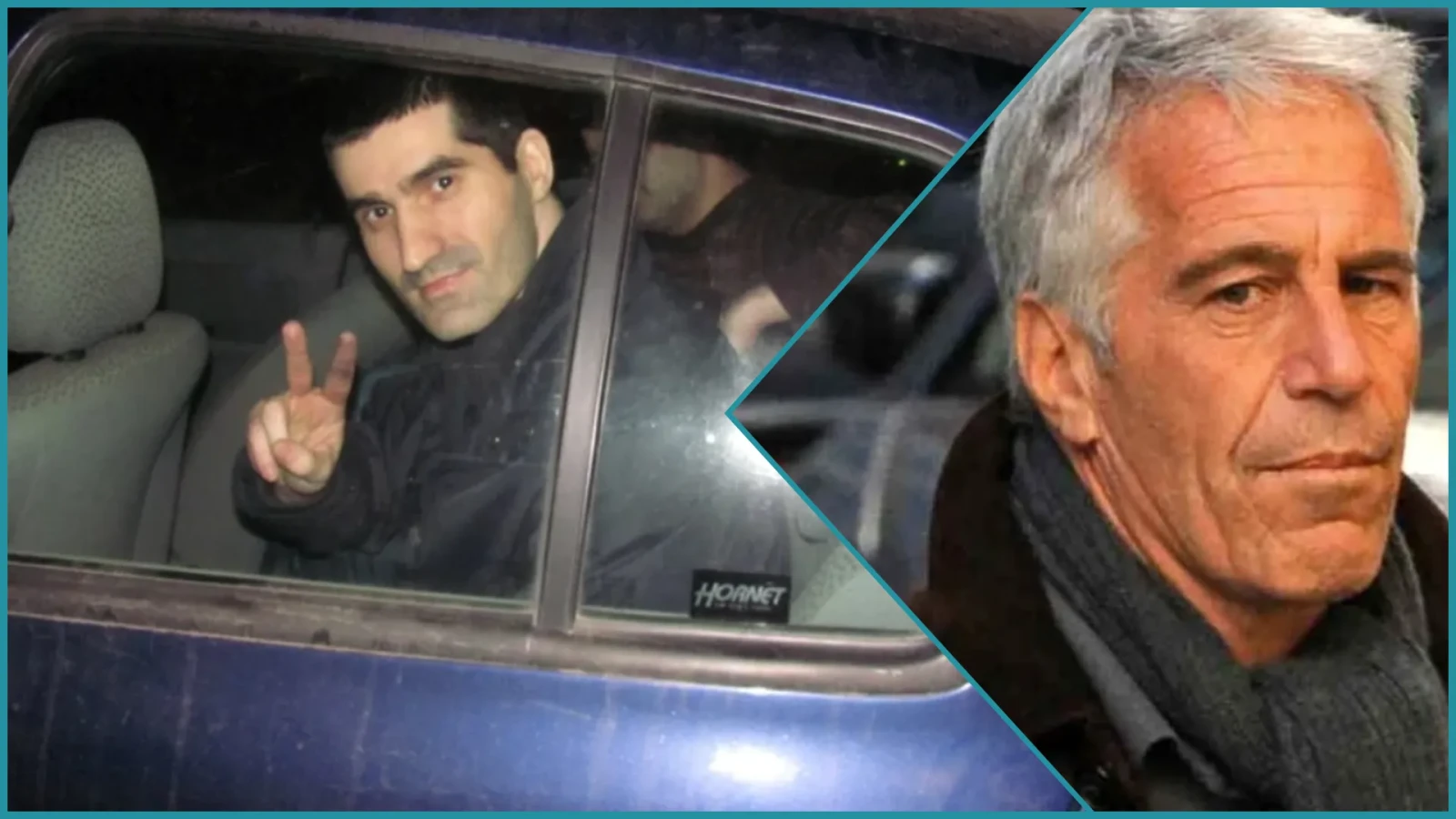




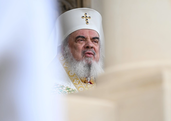

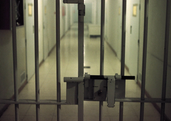

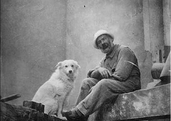
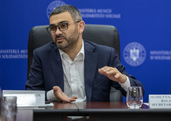











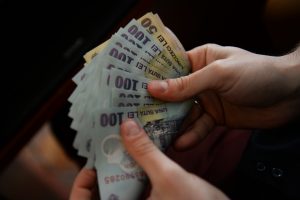







Comentează